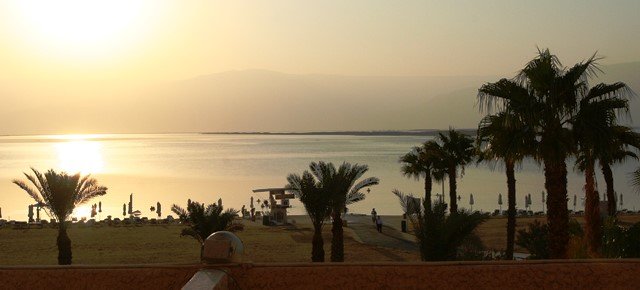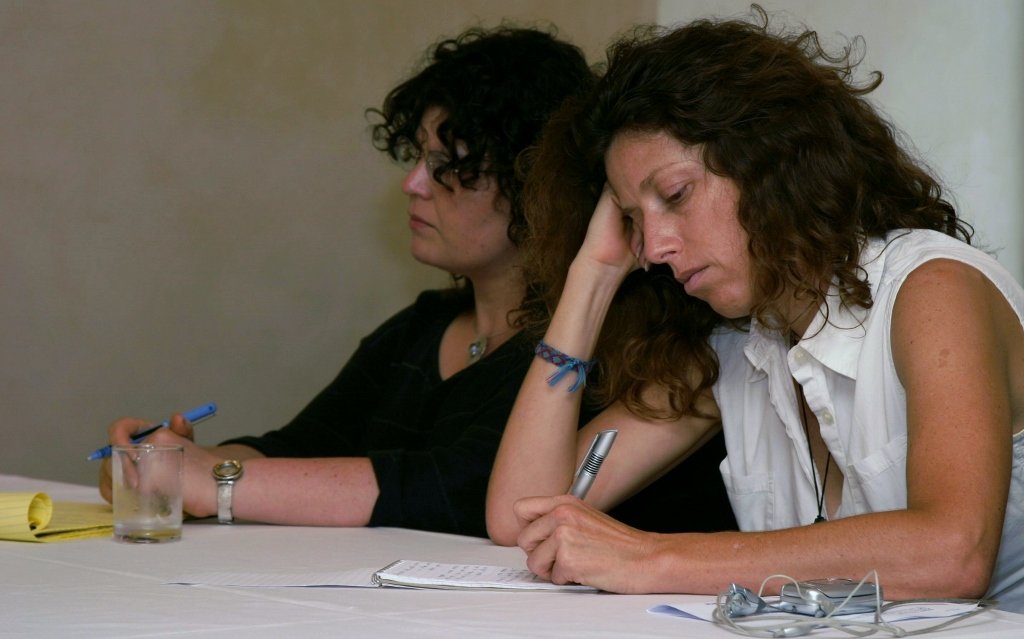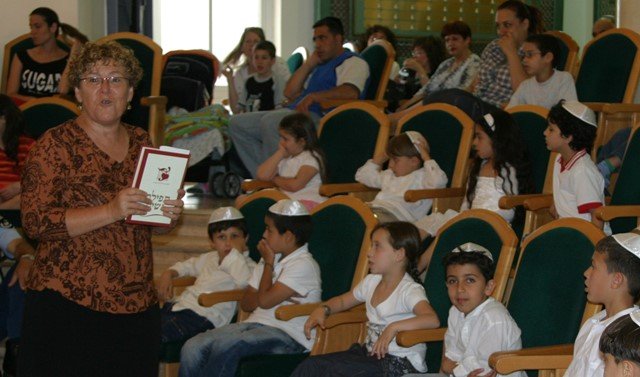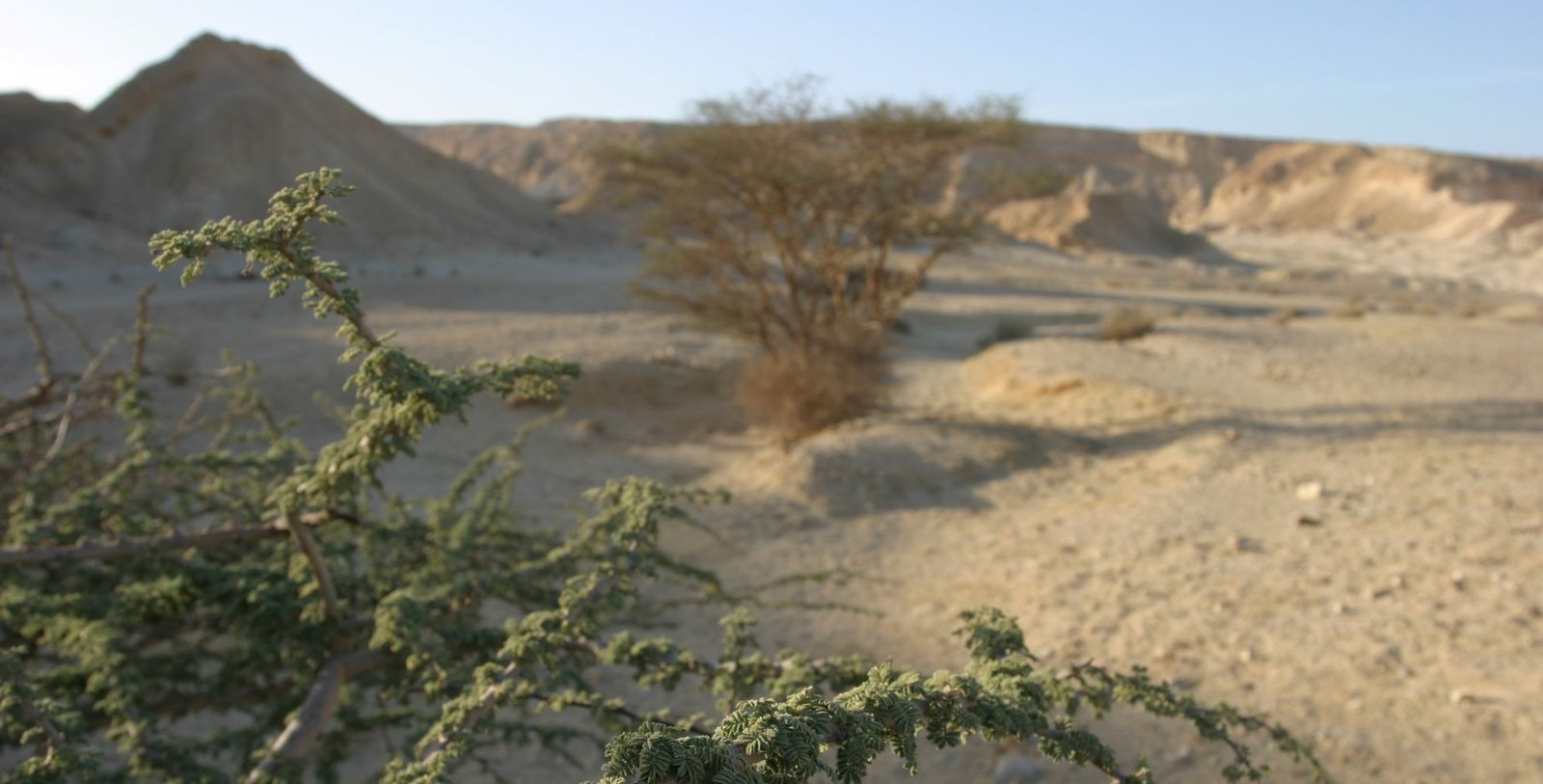Share This Story, Choose Your Platform!
… has been the theme of my presentations in recent months. Depending on how the “night” was defined, I was able to set different priorities.
The conflict with the Palestinians
If the “long night” were the confrontation with the Palestinians, the “good morning” is still a long way off. As long as the Israeli side wants peace and the Palestinian side wants a future without Jews, peaceful coexistence, let alone a solution to the conflict, is unthinkable. The fact that hardly any two Israelis agree on what “peace” means, how it is to be achieved, or who is to blame for its loss, does not change this. Crucially, the Hamas charter, quoting a hadith, demands in Article 7 that all Jews up to the very last of them must be destroyed.
The Arab-Israeli Conflict
The long night of the Arab-Israeli conflict, on the other hand, was broken by the declaration of the so-called “Abraham Accords.” The Gulf states of Bahrain and the United Arab Emirates, as well as Sudan and Morocco, have thus sent an unmistakable signal to the Palestinians that they no longer want to be held hostage to a “Palestinian cause” with regard to their relationship with the Jewish state. Politicians who have claimed that no Arab state would ever make peace with Israel as long as the Palestinian issue remained unresolved must admit their error.
Netanyahu’s term in office
The start of the new coalition government under Naftali Bennet and Ya’ir Lapid might also be seen as a “good morning” after a “long night”. However, it remains to be seen to what extent the Bennet/Lapid government will prove to be a positive alternative to Netanyahu’s term in office.
This coalition, which has nothing in common except its dislike of Benjamin Netanyahu, has already exceeded all expectations in terms of its lifetime. Should the individual ministers succeed in their efforts to prove themselves competent and to do some good for Israeli society, this astonishing political alliance could actually yield some good for the modern Jewish state.
What is certain is that the coalition under Bennet and Lapid has already exposed as liars all those critics who have called the Jewish state of Israel “racist” or an “apartheid regime.”
The long night of the Corona pandemic
That “everything in Israel is supposed to be vaccinated through” is something I learned during my lecture tour in Germany. In Israel itself, this idea would hardly occur to anyone. More realistic appear data that should actually be accessible to everyone via Google. They state that on November 23, 2021, 68.1 percent of Israelis had received a first vaccination dose (in Germany: 70.6%), 62.6 percent were fully vaccinated (in Germany: 68%), and 44.0 percent had received a booster (in Germany: 8%).
With a frown, Israel’s media report how in Germany anti-vaccinationists and anti-Semites appear side by side to demonstrate against “Coronazis”. “As in Israel,” reports the left-liberal daily HaAretz, “people refusing to get inoculated, in Germany too demonstrators have worn yellow Star of David badges and compared themselves to the Jewish victims of the Nazis.” In Israel, the Corona measures are as hotly debated as anywhere else in the world, and the fact remains: There is still no light in sight at the end of the Corona Tunnel.
The return from the diaspora
For the Jewish people, the darkest night was definitely their worldwide dispersion since the destruction of Solomon’s Temple in the 6th century BCE. For anyone who takes the predictions of the Old Testament prophets seriously, the developments of the past two centuries are breathtaking. At the beginning of the 21st century CE, for the first time in two and a half millennia, the largest assembly of Jewish people is once again living in the land of Israel.
The prophet Jeremiah (chapter 31, verse 10) proclaimed: “He who scattered Israel will also gather it again”. And Jeremiah connected this message concerning the connection between the people of Israel and the land of Israel with a “Great Commission” for the Gentile nations. Only the gospel that “Jesus Christ came to save sinners” (1 Timothy 1:15) thus has the same quality from a biblical perspective. This raises the question of what meaning the relationship between the Jewish people and that land between the Jordan River and the Mediterranean Sea has for non-Jews.
I left this question with my audience at the end of every lecture. In my lectures next year I hope to find an approach for answers to this question. I only come to lectures where local organizers invite me. You may view the list of scheduled presentations on our website gerloff.co.il/en/english/. There you will also find a way to contact us.






















